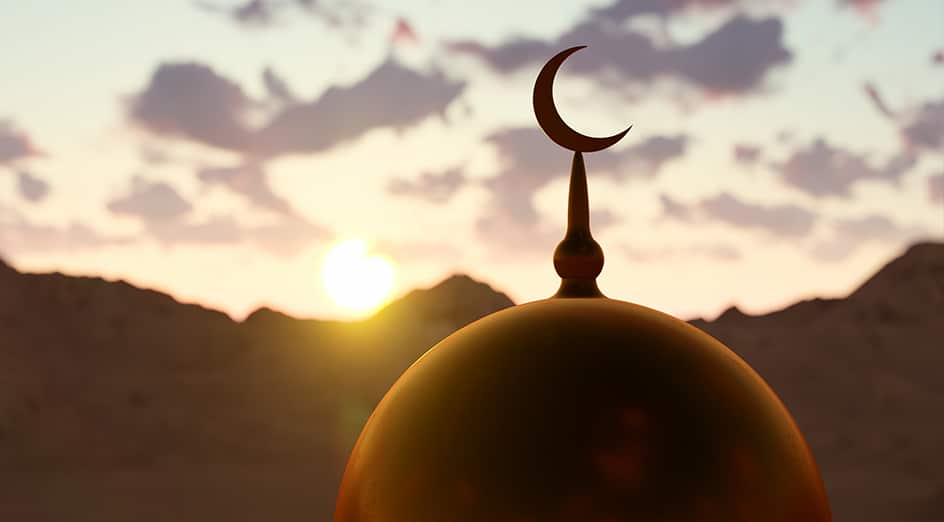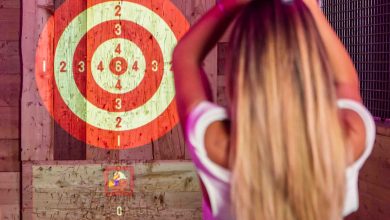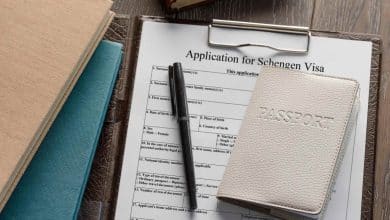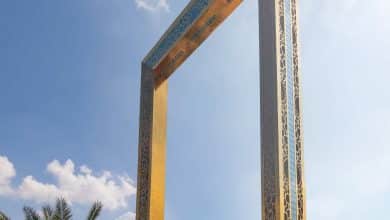
Check out our handy guide for newcomers.
Ramadan has officially started on Tuesday of this week, but if you’re new to the UAE and wondering what it’s all about, here’s the lowdown on this special time of the year…
What is Ramadan?
What is Ramadan, you ask? It’s the ninth month of the Islamic calendar, and during this time, Muslims worldwide abstain from eating, drinking, or smoking between sunrise and sunset. Lasting about a month, Ramadan holds special significance as it marks the period when the Qur’an was first revealed to Prophet Mohammed (PBUH). Extra tarawih prayers spice up the mosque routine throughout Ramadan, with 1/30th of the holy book recited each evening. By the month’s end, many have covered the entire Qur’an.
What are the Five Pillars of Islam?
Fasting, a key component of Ramadan, stands tall among the five pillars of Islam, forming the bedrock of the religion. These pillars provide the framework for Muslims worldwide to shape their lives, and Ramadan holds a sacred position as the holiest time in the Islamic calendar. Beyond abstaining from food and drink, it’s a season for prayer, self-reflection, and religious devotion—a time to cleanse past sins and centre one’s focus on Allah through acts of kindness and generosity.
- Testimony of faith
- Prayer
- Zakat
- Fasting during Ramadan
- Pilgrimage to Mecca
Why is Fasting Essential?
Fasting, or sawm, can be thought of as ‘to refrain.’ During Ramadan, Muslims pledge to abstain from eating, drinking, smoking, or even chewing gum throughout daylight hours. Yet, sawm isn’t solely about physical restraint—it extends to refraining from negative thoughts, actions, and words. Contrary to the assumption of deprivation, Ramadan in Islam is often a period for family bonding, with fasts broken at sunset during iftar. The fast serves as a tool for cultivating self-discipline and restraint, fostering empathy towards those with fewer privileges. However, those exempt from fasting include pregnant women, young children, the elderly, and the infirm.
Can I Still Book my Holibobs During Ramadan?
Ramadan in Middle Eastern countries can often be a magical time, celebrating goodwill and family, however it’s worth noting that many cafés, beach clubs and restaurants traditionally stay open during Ramadan, with some restrictions around noise level and opening hours (it’s best to check directly with venues). For hotels and other businesses it’s often standard working hours, though the law does state that employees must have reduced working hours, this doesn’t usually impact a business from a consumer perspective. Malls may extend their closing hours, with some staying open well past midnight.
What About Attire & Behaviour?
Observing appropriateness is crucial for everyone during the holy month of Ramadan. Even for those not fasting, it’s essential to dress modestly in public spaces, especially in areas where others may be observing their fast. When driving, keeping music levels to a minimum is considerate, and, of course, refraining from public displays of affection is respectful of the solemn atmosphere. These small gestures contribute to fostering a harmonious and considerate environment during this sacred time.
Ramadan Key Terms
Iftar – the evening meal at sunset, marking the time when Muslims break their daytime fast.
Suhoor – the pre-dawn meal before sunrise, consumed by Muslims before beginning their fast. Suhoor is typically more relaxed than iftar, often extending from late night into the early morning hours.
Hilal – the thin crescent moon signalling the start of a new month in the Islamic calendar, crucial for predicting the onset of Ramadan.
Sunnah – the teachings and practices of the Prophet Mohammed (PBUH). Following sunnah practices, such as breaking fast with dates, is a part of Islamic tradition.
And if you want to greet everyone in the city, remember a little “Ramadan Kareem” goes a long way!
Want more info on Ramadan? Read our 5-star iftar dining guide here and where to watch the Ramadan fireworks here.






